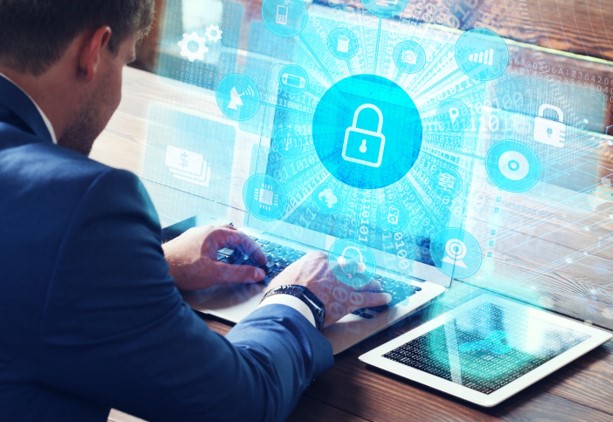In the present scenario, implementation of technology with daily work routine is proving to be boon as a large section of people is going through difficult times. But too much dependence on technology tags security threats along. These threats can be avoided if proper measures are taken at the right time.
The catalyst to WFH-
The COVID-19 pandemic has not only brought changes in the working culture but also the lifestyle of people. The stress on social distancing has made people to switch working from homes rather than their office. Over the past few years, the concept of remote working or work from home was gaining popularity among professionals but with the pandemic it has become the need of the hour. The implementation of lockdowns played as catalyst in speeding the process of work from home. Those familiar with the concept had no problems but those who were unfamiliar had to move out of the comfort zone and try hands with technology. There are many sectors where lack of technology has rendered people unemployed, but the sectors using work from home strategy has still managed to keep its staff employed. And therefore, certain high tech companies have made it compulsory to work from home and drafted some policies regarding the same. Many people have coped up with the situation while some are still striving hard to catch up with others.
The need and tips to stay cyber secure in WFH era –
The change in working criteria has not only increased the comfort zone but also increased cyber security threats, phishing scams, frauds etc. People new to work from home culture are the most vulnerable ones to such type of cyber security scams. Therefore, it becomes an important point of consideration for both the company and the employees. Many organizations and security leaders have accepted this challenge and have come up with a few tips to minimize the risk of cyber threats. Some of the measures deployed by different organizations have been discussed below:-
- The laptop or the desktop of the employee must be protected with a strong password. The password must not be shared with anyone. Even while accessing the company’s data, there should be a two way validation. One through the password and one through the key or OTP sent by the company on the employees registered mobile number.
- The employees must use cloud applications for storing and documents. With the help of cloud applications the data can be accessed from other authorized systems in case the main system crashes. Cloud applications not only keep the data and files secure but make them available whenever necessary.
- The employees must ensure that there system and all the required softwares are up to date. The system must have antivirus software, anti spam software and all the required security related tools.
- While working with the company’s data, the employee must avoid using social media or access to any other website at the same time. Some sites can be phishing sites and can steal the data with a click.
- Last but not the least, since working from home relies on the usage of private Wi Fi networks it becomes really important to password protect the Wi-Fi connection and the router. Also the network should be encrypted. In this way the details of employee as well as company will be secure.
There are few other measures that can be deployed to ensure cyber security, but it depends on the awareness of the employee. Security is a task that needs the proper understanding of both the company and the employee.





